Discover financial empowerment resources
Discover financial empowerment resources
A video on diversification and asset mix for investing. The full transcript is also...

The tools provided by Autorité des marchés financiers can help guide financial planning for you and your...
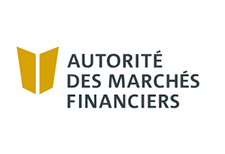
An emergency fund is money you set aside to pay for unexpected expenses. These can include things like medical expenses or unexpected home or car repairs. An emergency fund also provides a cushion in the event you lose your job or have an unexpected loss of income. It’s an important financial...
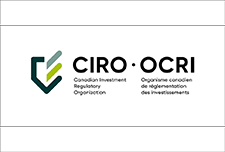
Wellesley Institute’s Thriving in the City1 framework is a valuable tool for understanding what resources an individual needs to live a healthy life and assessing how the current policy environment meets these needs. While the previous report focused on working-age adults (25-40 years old),2 this...
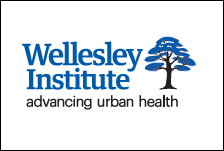
No matter where you are in your financial journey—whether you’re beginning your career, saving for your children’s education, planning for retirement, or setting up a legacy for your loved ones—working with a qualified Financial Planner to create a financial plan can significantly help in...

Self-directed investors, or do-it-yourself (DIY) investors, decide which investments they want to buy and sell, and when. They direct their investment strategy themselves. Learn more about DIY investing by accessing this...

Financial literacy in the Black community is crucial for the economic prosperity of Black families across Canada. According to a 2015 report released by the Canadian Center for Policy Alternatives, 60 percent of Black Canadians fell into the bottom half of the national distribution of economic...
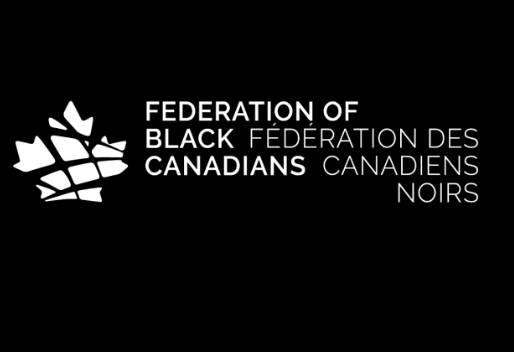
The Financial Consumer Agency of Canada’s (FCAC) report examines and compares key measures of financial well-being for 3 groups of Canadians: homeowners with mortgages, homeowners without mortgages, and renters. The data shown here are derived from FCAC’s COVID-19 Financial Well-being Survey....

Money and Youth starts with an exploration of one’s values and covers how to make good decisions – and be aware of those who will try to influence decisions and how they can go about doing so. The book then proceeds through a learning framework looking at the challenges and opportunities of...
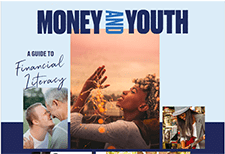
The Money Matters resources are for use at home and in workshops and activities that are also free for participants. These workbooks are available in several formats and languages. Topics include: Spending Plans Banking Basics Borrowing Money Ways to Save Smart Shopping Building...

The Nova Scotia Securities Commission has investor education videos covering a range of topics from recognizing frauds and scams to learning more about investing and compound interest. Access this resource to see them...

Some say money talks, but many people feel uncomfortable talking about money. However, talking openly about your finances with people you trust can be an important step in reaching your goals. It may be tough to talk about money with close family and friends, but it can be helpful. To break the...

Burnout can happen for many reasons, including being overworked. Dealing with stress can cause problems for your physical and mental health, and your finances. If you’re over-spending or making spontaneous decisions about money to cope with stress, you might be putting your long-term financial...

Savings are one of the strongest predictors of household financial resilience and well-being, yet Canadian households struggle to save due to an array of economic, behavioural and institutional factors. The Financial Consumer Agency of Canada (FCAC) created the National Financial Literacy...

Credit Canada's new budget tool lets you select the items you want to cut out of your budget (lottery tickets, daily lunch out...) and then calculates how much you will save. Click on "Access this resource" to try it...
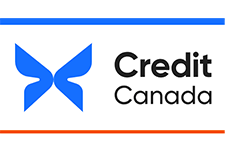
Make good financial decisions by getting the facts. Whether you’re deciding which account or credit card to choose, or figuring out if you can afford that mortgage this year or next, ATB has the tool or resource to help you get it right. Head to the ATB website to access these tools and...
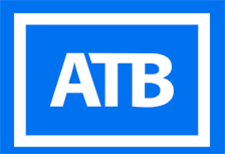
There are many ways to invest. Your choices will depend on your goals, your timeline and your willingness and ability to accept risk. It’s important to know some basics. This article by CIRO outlines the 5 key principles of investing: can you afford it, diversification, invest for the long term,...

The British Columbia Securities Commission’s InvestRight has unveiled an online space dedicated to women and investing. This comprehensive guide to investing, called Women and Investing, features quizzes and resources explicitly designed to engage more women in investing. To assist you in...

Having a small emergency fund can alleviate major stress. Putting a few dollars away each month can help you prepare for the unexpected. Watch this new video by the Ontario Securities Commission to learn...

The first study of its kind measuring the impact of behaviorally informed advice on investor outcomes. It is common to seek the opinion of an expert when faced with a difficult decision. BEworks' research confirms this phenomenon in a range of consumer scenarios. For instance, parents faced with...
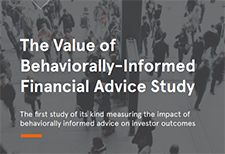
Through well-timed and thoughtful updates to their employee savings program, the number of Best Buy employees participating in the savings program increased from 4,500 to more than 7,000 and employees’ savings grew $1.5M. Interventions included enhancements to the program marketing content,...
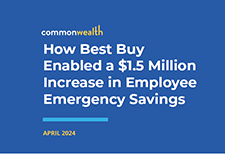
Registered Retirement Savings Plans (RRSPs) are accounts registered with the Canada Revenue Agency (CRA) that help you save for retirement or other goals. To make it easier, the British Columbia Securities Commission has created a simple guide to understanding RRSPs. In this post you’ll learn...

Investing your hard-earned money is a significant financial step. Whether you are new to investing or a seasoned pro, it’s crucial to understand and defend your rights as an investor. If you are investing through a firm regulated by CIRO there are a range of protections and rights to ensure...
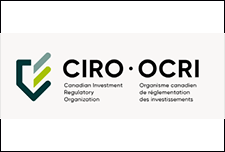
Here are some basic rules to keep in mind before you start on your investing...

When you invest, it is important to understand fees and costs. Fees are typically charged by investment firms or registered investment advisors to cover costs associated with administering investment products, operating your account, making transactions on your behalf or providing...

